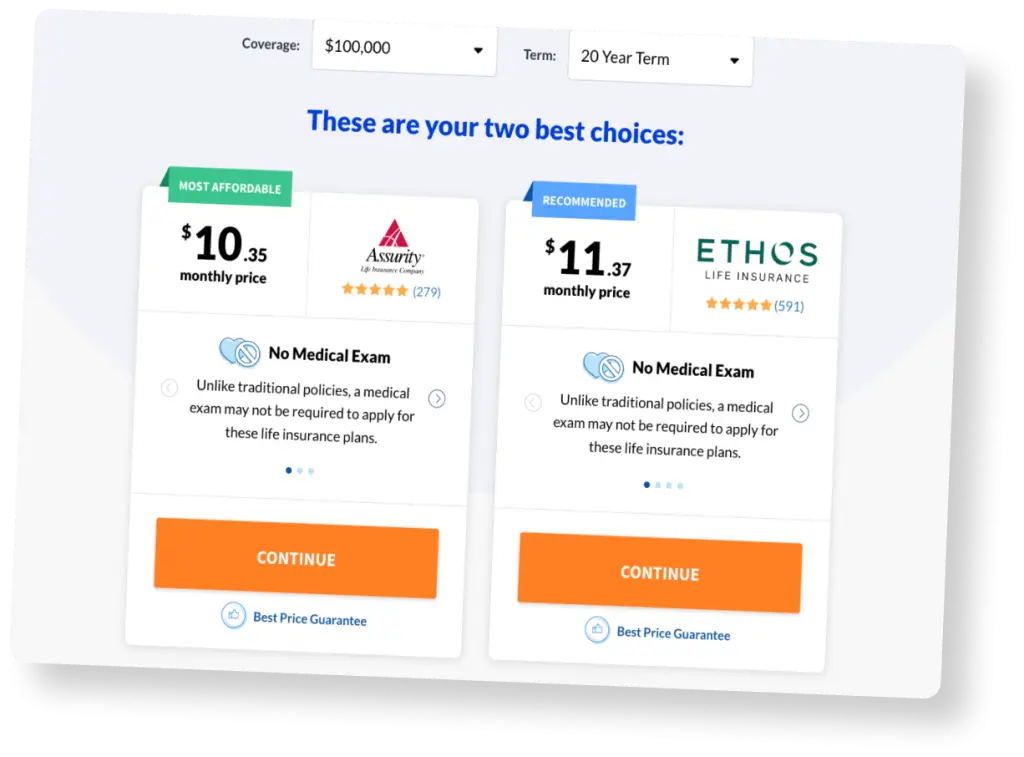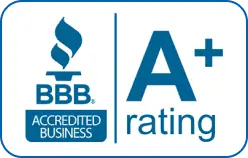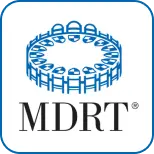Smart companies realize the significance of providing competitive compensation packages to their executives and key employees. In fact, studies show that the chief reason why executives leave companies is compensation. A non qualified deferred compensation plan is a strategy companies use to provide additional supplemental benefits to their key people.
Key Takeaways of Deferred Compensation Plans
-
Nonqualified deferred compensation plans let top employees defer part of their income to boost retirement savings, often with tax deferral benefits.
-
Deferred compensation paid at retirement becomes taxable income, and these plans do not follow the same protections as traditional IRA or 457 b accounts.
-
Plan participants must be aware of risks like financial hardship, penalty tax, and exposure if a company declares bankruptcy.
-
Unlike qualified plans with annual contribution limits, NQDC (Non Qualified Deferred Compensation) plans offer more flexibility with deferral amount and savings options.
-
Financial advisors and tax advisors play a crucial role in navigating plan rules, tax withholding, and evaluating investment options within such plans.
What is a Non Qualified Deferred Compensation Plan?
Non qualified deferred compensation (NQDC) plans are commonly used by companies to reward selected “highly compensated” executives by permitting them to defer income and any income tax due on that income until a future date. Non qualified deferred compensation plans are chiefly used to provide additional supplemental retirement income to key executives. They may also provide income to the executive’s beneficiaries if the employee dies prematurely. The company’s cost for the plan is minimal and may be funded with a cash value life insurance policy that is purchased by the company for the benefit of a key employee.
How do Non Qualified Deferred Compensation Plans Work?
-
In a typical deferred compensation plan, the company and the key employee enter into an agreement to defer a portion of the employee’s current income in return for future compensation, usually in the form of retirement benefits. The deferral election must be made prior to the end of the previous tax year
-
At retirement, disability, death or other separation of employment the executive or his or her named beneficiary receives the benefit as described in the agreement. At the time of distribution, benefits are considered ordinary income to the recipient. At that point, the payment of benefits is tax deductible to the company.
-
Funding and payment of benefits is at the discretion of the company. Any informal funding is subject to the claims of the creditors of the company.
trusted by 5,000+ clients
Compare Business Planning Rates
See rates and benefits tailored to your business needs.
Deferred Compensation Plans Using Life Insurance
Cash value life insurance is an excellent vehicle to informally fund a non-qualified deferred compensation plan. Life insurance is unique in that it can provide death benefits prior to retirement and tax deferred cash value accumulation for retirement income. In a non qualified deferred compensation plan using life insurance, the company owns and is the beneficiary of the policy on the key employee’s life. It pays the premiums using the employee’s deferrals and controls the policy’s cash value.
Company Advantages with Deferred Compensation Plans
-
Non qualified deferred compensation plans are relatively simple to implement. Requirements are a written plan document and a notification to the Department of Labor. No other IRS reporting is required.
-
They are excellent tools business owners or employers can use to retain and reward key employees.
-
Companies can selectively choose plan participants.
-
There is no direct cost to the employer since it can be funded entirely by employee dollars. The company can contribute partially or fully to the plan as well.
Employee Advantages with Deferred Compensation Plans
-
Non-qualified deferred compensation plans provide an additional source of retirement income for the key executive on top of any existing qualified retirement plans.
-
The employee’s income deferral reduces their current income tax liability until retirement when they may be in a lower tax bracket.
-
May provide per-retirement death benefits if agreed to in the plan.
Disadvantages of Non Qualified Deferred Compensation
There are two primary areas of concern with non qualified deferred compensation plans:
-
The company does not get an immediate tax deduction on the premium payments. The deductions come for the business when plan benefits are paid to participant.
-
The cash value build up that accumulates inside the life insurance policy used to fund the deferred compensation plan is subject to the creditors of the company and is not protected from the insolvency of the company. There are ways to protect against the effects of managerial changes on the plan but if the company is financially bankrupt there is no benefit protection.
Nonqualified Deferred Compensation and Taxes¹
When using life insurance to fund a non qualified deferred compensation plan, there are several tax considerations:
-
A portion of the executive’s current income will be deferred thereby reducing current income taxes.
-
When deferred benefits are paid to the key employee or his or her beneficiaries, the company can deduct the amount of the benefit payments.
-
All benefits received by the key employee or his or her beneficiaries are taxable as ordinary income.
-
Premium payments made by the company with the employee’s deferral are not tax deductible until future benefits are paid.
¹ This information is for illustrative purposes only. MEG Financial and its representatives are in no way providing tax or legal advice. Please consult your CPA or tax attorney for any questions on the taxes as they relate to your specific circumstances.
Other Executive Compensation Strategies:
Frequently Asked Questions about Deferred Compensation Plans
How Does The Deferred Compensation Plan Work?
A deferred compensation plan allows employees to set aside a portion of their earnings to be paid out at a later date, typically during retirement or after leaving the company. This income is not taxed until it is distributed, which can be beneficial for tax planning.
What Are The Disadvantages of a Deferred Compensation Plan?
One of the main disadvantages is the risk of forfeiture if the company goes bankrupt or the employee leaves before the payout period. These plans are also less regulated than qualified plans, offering fewer protections to employees.
What is The Difference Between a 401k and a Deferred Compensation Plan?
A 401(k) is a qualified retirement plan with strict IRS rules, contribution limits, and protection under ERISA. A deferred compensation plan is non-qualified, typically offered to high earners, with more flexibility but higher risk and fewer safeguards.
What is an Example of Deferred Compensation?
An example of deferred compensation is a corporate executive deferring part of their annual bonus until retirement, receiving it as a lump sum or in installments years later to reduce immediate tax liability.
Conclusion and Summary of Deferred Compensation Plans
Nonqualified deferred compensation plans offer a unique avenue for top employees to increase their retirement savings beyond traditional means. By deferring income today, executives can benefit from tax deferral and potentially tax deferred growth depending on the plan investments selected. While such plans provide flexibility in contribution amounts and investment options, they come with specific plan rules and notable risks, especially if the company declares bankruptcy or the employee needs to withdraw money due to a financial hardship.
Because of the potential costs, varying tax benefits, and complexity of these eligible plans, it’s crucial to work with a financial advisor or tax advisor to tailor your personal finance strategy. Getting professional tax advice can help determine if automatically enrolled options are suitable, how a deferred compensation plan compares to other retirement account, and what tax deduction opportunities may be available under the Internal Revenue Code.
A financial professional can also provide insight into whether emergency withdrawals are permitted, how to monitor your online account, and whether the investment performance aligns with your long-term goals. For those planning well before retirement age or planning to leave employment soon, understanding how does deferred compensation tie into your total wealth strategy will be key.














